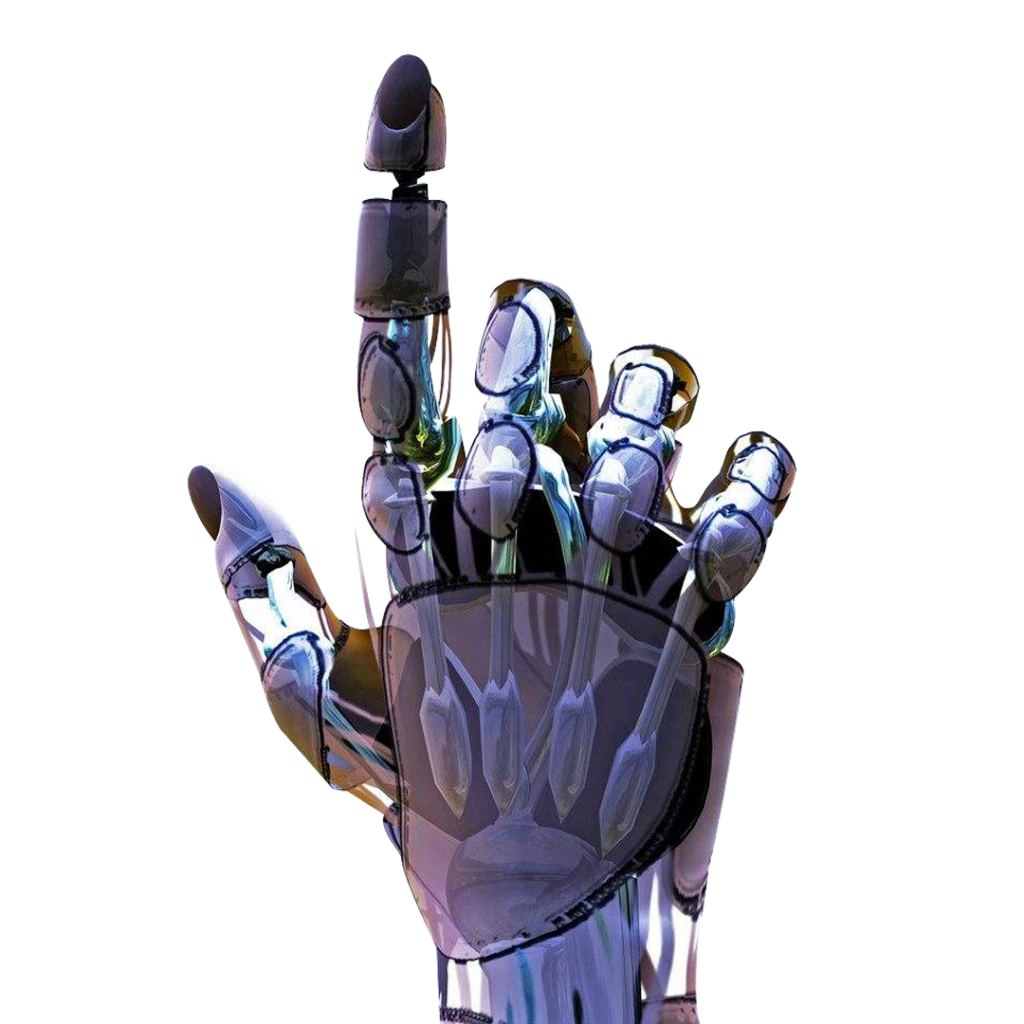
Case studies
Enterprise Learning Strategy & Experience
The Challenge: A global insurance organization with over 100,000 employees is undergoing a significant M&A transformation aimed at streamlining operations and expanding market reach. A

Albert brings global market research experience to help executives harness intelligent technologies, reinvent HR, re-skilling and employee experience across NAR, APAC, LATAM and EMEA regions.

The Challenge: A global insurance organization with over 100,000 employees is undergoing a significant M&A transformation aimed at streamlining operations and expanding market reach. A

The Challenge: A global retail client with over 30,000 employees was expanding operations and opening new stores, requiring the hiring and onboarding of talent at

